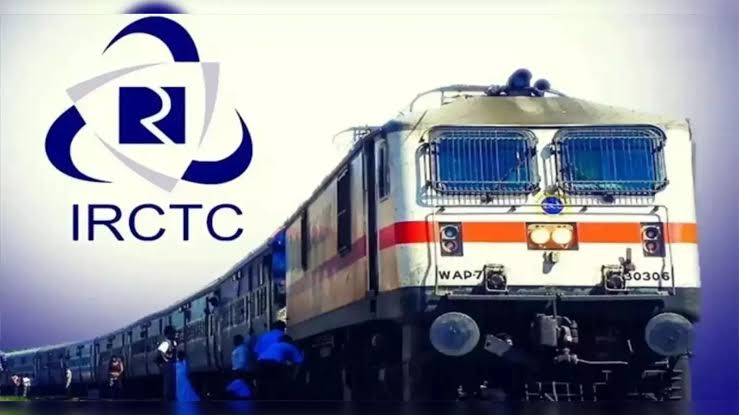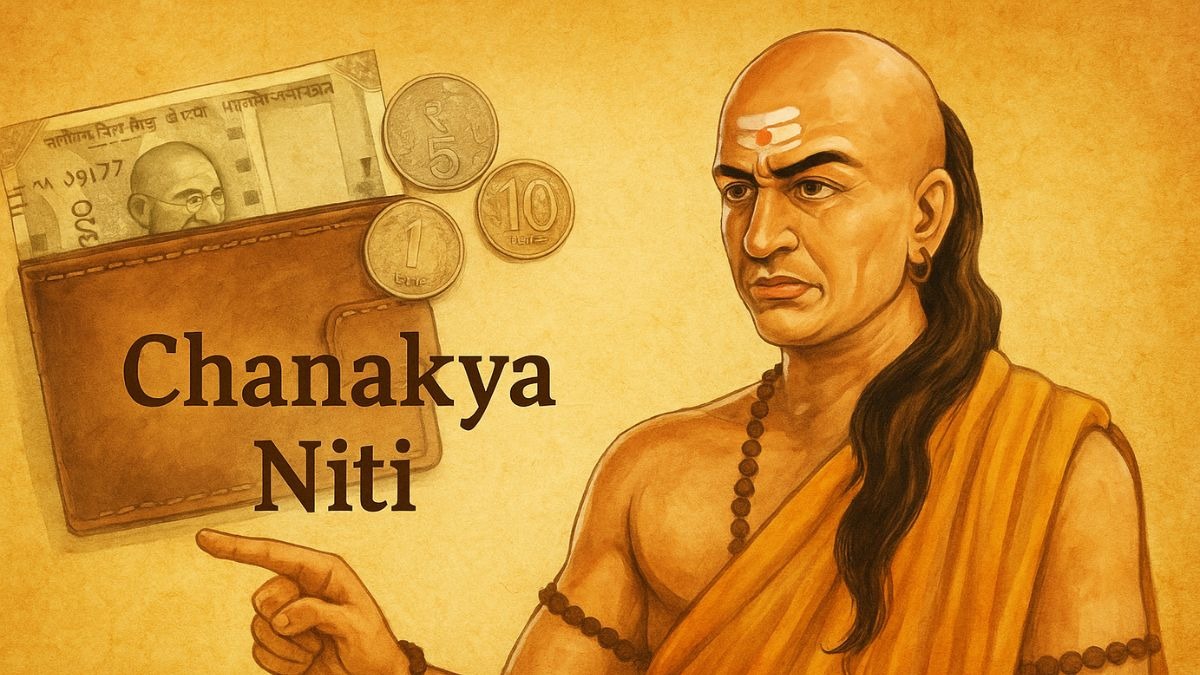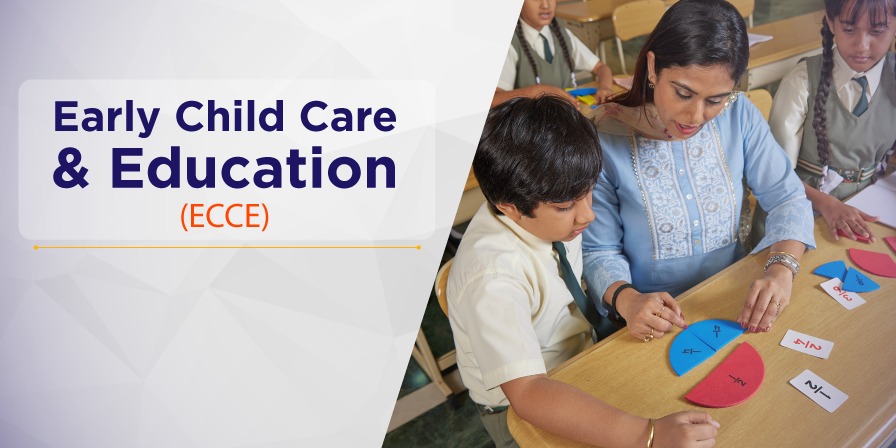 Image Source: The Economic Times
Image Source: The Economic Times
Indian Railways has signaled a major policy rethink with the prospect of restoring fare concessions for senior citizens—specifically in sleeper and third AC (3AC) classes. This development comes after sustained appeals from the public, parliamentarians, and advocacy groups, culminating in an official government assurance that a review is underway. Here are the latest real-time updates on August 1, 2025.
Introduction
After five years of suspended fare rebates for elderly passengers, the government has confirmed it is seriously considering reintroducing concessions for seniors in key train classes. This issue has received renewed attention in both Houses of Parliament and is backed by recent recommendations from the Standing Committee on Railways.
Key Developments
-
The Ministry of Railways, responding to a Parliamentary query on August 1, 2025, stated that fare concessions for senior citizens in sleeper and 3AC classes are under review.
-
The Standing Committee on Railways has formally advised special fare reductions for seniors, targeting sleeper and 3AC categories, reflecting public sentiment and political consensus over the need for affordable elderly travel.
-
The assurance was provided following members' questioning on why these benefits had not been restored, despite the end of pandemic-related travel restrictions and improved financial performance by Indian Railways.
Background: Why Were Concessions Withdrawn?
-
Concessions for senior citizens were withdrawn in March 2020 as part of larger COVID-19 containment measures, with officials citing the need to discourage non-essential travel among vulnerable populations.
-
Since then, repeated pleas from elderly citizens and advocacy organizations have pressured the government for a rollback, especially as other pandemic restrictions have long been lifted.
-
The move affected millions of older Indians, many of whom rely on trains for affordable travel across the country.
Standing Committee’s Recommendation
On August 1, 2025, the Standing Committee on Railways underscored that restoring these concessions, at least for sleeper and 3AC tickets, would strike a balance between financial sustainability for railways and much-needed relief for senior travelers.
The committee stressed that such targeted concessions would avoid a significant dent in railway finances, as these are the most used classes for senior travel and not premium services.
Present Status and Government Response
The Railway Minister, during the monsoon session, reiterated the government’s commitment to provide affordable travel. He highlighted that while all passengers benefit from general ticket subsidies (up to 45 percent), additional concessions for many categories—such as persons with disabilities, patients, and students—already continue.
The minister acknowledged public concern and promised a “positive review” for restoring benefits to senior citizens, at minimum, for sleeper and 3AC travel.
No definitive restoration date was provided, but the assurance marks a shift from previous years, when the government had ruled out the return of senior discounts citing revenue loss.
Key Highlights:
-
Railway fare concessions for seniors (60 years and above for men, 58+ for women) are likely to be brought back soon for sleeper and 3AC class tickets.
-
The move follows official recommendations and increasing societal demand for resumption.
-
The final decision and restoration date will be announced after government review.
-
Concessions have remained suspended since the pandemic, affecting an estimated 22 million seniors annually.
-
Indian Railways just implemented a minor general fare hike starting July 1, 2025, but this review concerns targeted relief for the elderly only.
Future Outlook
The senior citizens’ rail concession issue demonstrates a classic case of balancing social welfare with economic realities. As the government reviews potential restoration in the coming months, public attention will remain focused on the outcome.
Source: The Indian Express, Moneycontrol, Economic Times, and official communications from the Ministry of Railways and Parliament.
Advertisement
Advertisement






